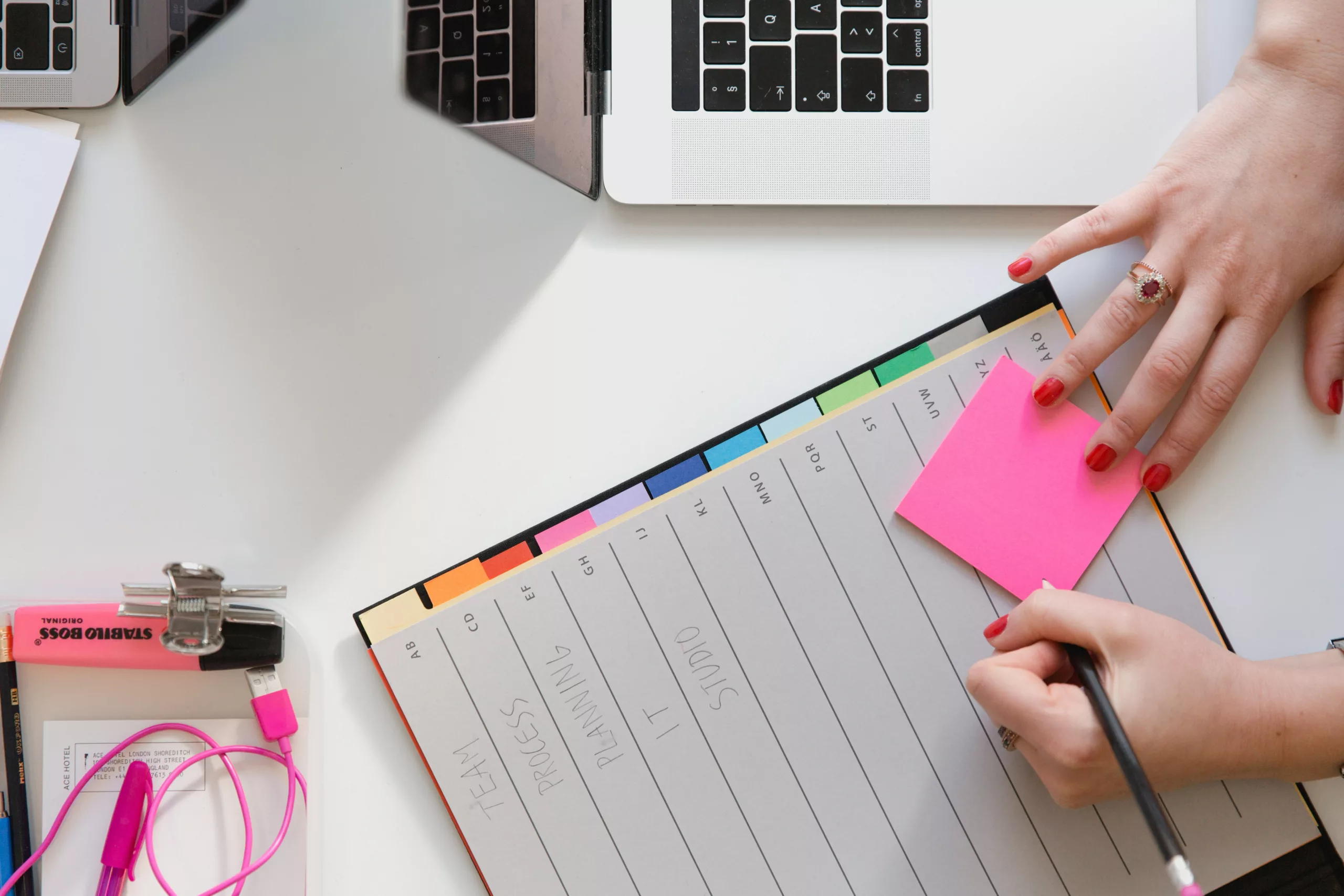Wellness tips for exam season

The word ‘exam’ tends to fill people with a lot of dread and can make you feel incredibly anxious too, often making the preparation period for an exam very stressful at times. But it doesn’t have to be! There are certain things that you can do to regain control of your emotions to ensure you go into that exam feeling the very best that you can.
To loosen some of the initial stress that you may have, it’s a good idea to get a few things in line first.
- Create a schedule
Firstly, create a rough and realistic revision schedule by working out how much revision you must do and how much time you have. Then, break it up into manageable chunks so that you don’t get overwhelmed. You could do this on a spreadsheet, in your diary, or on a big sheet of paper so that you can visually see what needs to be done.
- Find a revision style that suits you
Different personalities require different revision styles – and that’s ok! Experiment with studying with music or studying in silence, figure out if you like studying with a group of people or on your own, and then find out what environment you study best in, for example in a library, in a coffee shop, or at home at your desk.
- Understand how you learn best
Are you the type who learns best visually? If so, grab yourself some coloured pens, highlighters, cards, and sticky notes. If you’re more of an auditory learner, then ensuring that you have a device to record yourself reading your revision notes and plenty of vocal resources is a good place to start. If, however, you learn the best by reading and writing, take this into account and focus your time on writing word documents and presentations, and reading text-heavy resources.
- Find past exam papers
Looking through and reading past papers will help you to work out which topics you know really well, and equally, those that you don’t. You’ll then know which areas you will need to focus more of your time on throughout your revision.
Take regular breaks
You may think that it’s best to study for as many hours as you can cram in as possible, but this can be very counterproductive and will only make you tired and ruin your concentration. Small breaks, lunchtime breaks, and longer breaks have all been shown to have a positive relationship with well-being and productivity – so by taking regular breaks, you can therefore boost your performance.

Reward yourself
Once you have finished your revision for the day, make sure that you reward yourself for your hard work. You could have a soak in the bath, go for a long walk, or go out and grab some food, for example. Anything that makes you feel refreshed!
Get moving
Physical activity will increase your brain’s production of endorphins, which are a ‘feel good’ hormone, therefore reducing stress and increasing the sense of wellbeing. Exercise is also a good way to get away from the screen or your head out of your study books!
Fuel your body
What you eat can have a big impact on your focus and energy levels. Opting for nutritious foods like vegetables, nuts and fish will keep your body and brain well-fuelled and more alert, as well as improving your memory, concentration, and mood. Watch out for sugary quick-fix snacks – these can seem appealing, but your energy levels will crash an hour or so later.
Ask for help
If you’re feeling overwhelmingly stressed, it’s important to talk to someone that you trust. Many people find the prospect of an exam difficult to deal with, so don’t feel embarrassed if you feel that you need that additional support.
If you are a student with us at MK College and feel like you need further help to support your wellbeing, visit our Student Support page.
